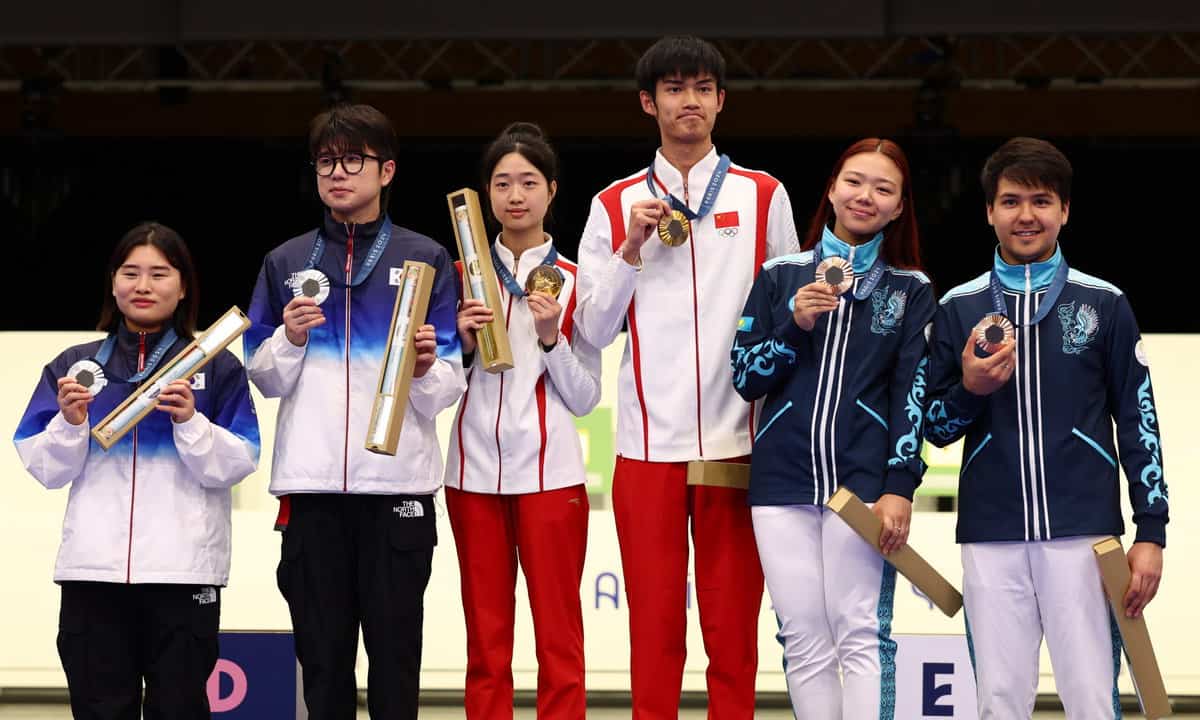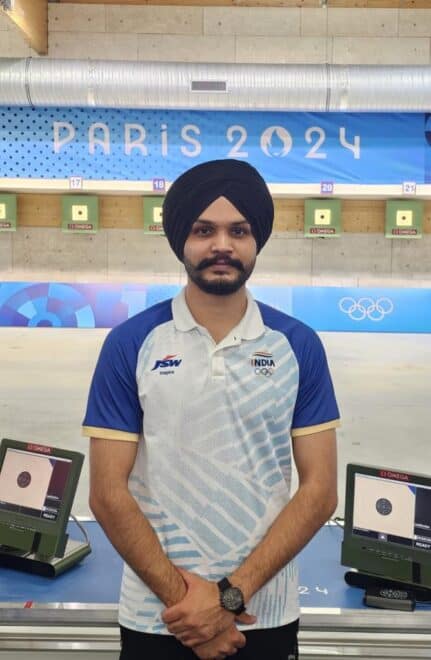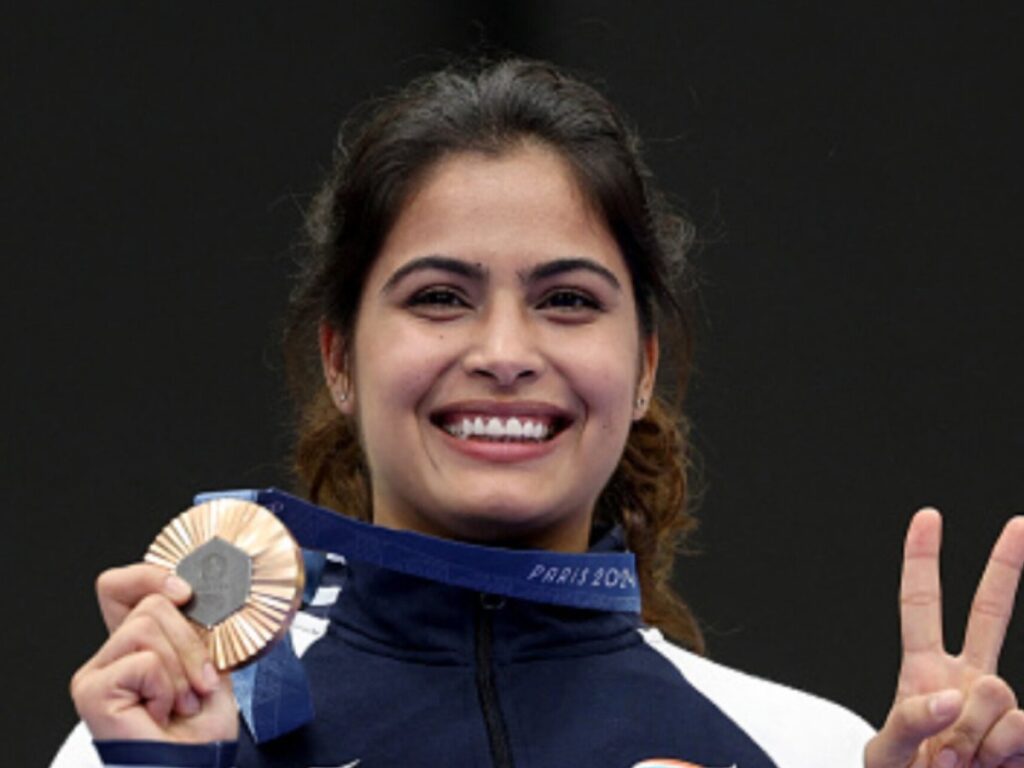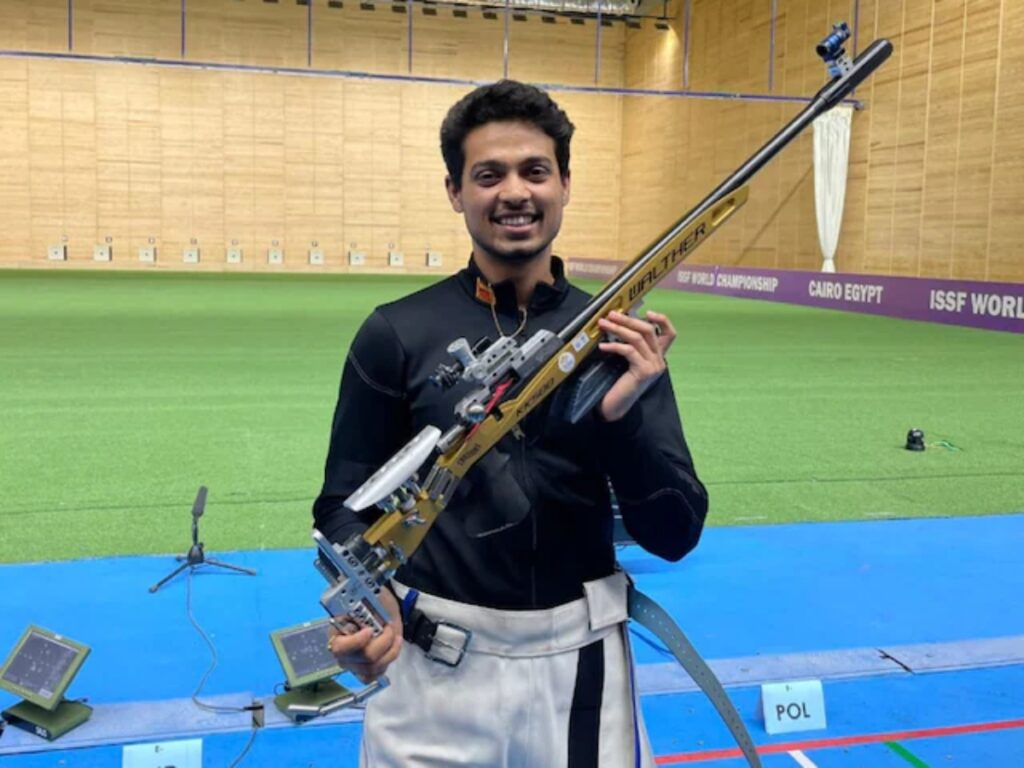
The events unfolding at the Paris Olympic Games clearly indicate that youths have taken over the throne of world sports. Veteran athletes have fallen. That is why China, which has sent one of the youngest contingents, is heading the medal tally (at the end of the first week of the Games) with 11 gold medals, 7 silvers and 6 bronze medals.
Even the medal winners for India are from the younger lot. Manu Bhaker is 22, Sarabjot Singh is 22 and Swapnil Kusale is 28. The badminton player who has performed best is Lakshya Sen who is 22. While our tried and trusted sports heroes and heroines with long years of experience behind them, have failed to live up to expectations. It is unfortunate but that is the harsh story being told in Paris.



India needs rapid progress
India’s famous sportsmen have done a splendid job and we are proud of them. But India needs to produce more young champions at a rapid rate like the successful countries. If it takes a decade to find a replacement for an established star, our success will be too slow and ineffective. Every year there should be new champions to hold the Indian flag high.
If we do not progress fast, we will continue to get a few bronze and silver medals and finish in 30th or 40th position in the medal table. India must strive to be among the top three. We should not be satisfied with anything less.
China’s youth power
Chinese journalist Sun Xiaochen reporting from Paris for ChinaDaily.com has written that the Chinese players in Paris have an average age of 25. More than half the contingent that is 233 athletes to be exact are first time participants at the Olympic Games. The youngest athlete from China is 11-year-old Zheng Haohao who will take part in skateboarding.
Late but successful entrant
China was a late entrant into the Olympic Games fraternity. Until 1984, China did not compete at the Olympics. It was only in 1984, at the Los Angeles Olympic Games, that China sent its athletes for the first time. But the fact that the country had put in a lot of hard work prior to making its entry, was evident from the fact that the nation finished fourth in the medal tally in its very first outing.
Focus on few games only
The journalist has written that since that first participation, China has won a mind boggling 263 gold medals (before the present Paris edition). No less than 192 of these gold medals have come in China’s strongest sports disciplines namely table tennis, gymnastics, shooting, weightlifting and diving. China has cleverly focussed on the events where the superior height and strength of the Europeans and Americans will not matter.
By following a carefully planned programme, keeping in mind a broad perspective and encouraging children and youth, China has become the world’s superpower in sports.
Lesson for India
Can India not follow the same system to achieve greater success? India must change its relaxed approach. Whereas China has 2000 government-run academies with highly qualified coaches to train school children, in India the training of children is left to private coaches. Some of them may be effective but there are also many who are untrained and try to make some money by pretense.
Secondly, the general public does not care to acknowledge excellence in sport, except when it comes to cricket. Many Indians know the records of Sachin Tendulkar but very few know who is the 100-metre champion of India.
No accountability
A meaningful sports culture is missing. A few months ago, Saina Nehwal and her husband P. Kashyap also stated this fact. Moreover, coaches who cannot produce results continue to retain their jobs. There is no accountability. In China, if a coach fails to produce results, he is sacked immediately.
Indian parents do not want their children to take sports too seriously. They worry about what may happen to the children’s future. It is better to focus on studies they feel. One cannot blame the parents for this line of thinking because sports, as a profession, is not worth the effort in India (except for cricket).
Athletes deserve double credit
If our athletes win medals then they do so despite the system. Not because of it. We must give our athletes double credit for fighting on two fronts. One, with foreign rivals on the court, and another, with indifference and inefficiency at home.
As long as we continue to follow our unconcerned attitude towards sports and hold no one accountable for failure, we will never realise our full potential in the Olympic Games. A big change is required in our social mindset and also within the sports fraternity. If we are to reach the level of China, we cannot afford to tolerate apathy and mediocrity from anybody.



